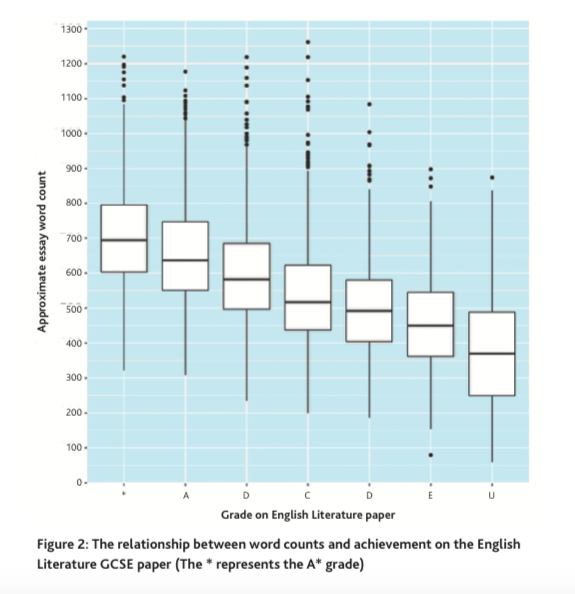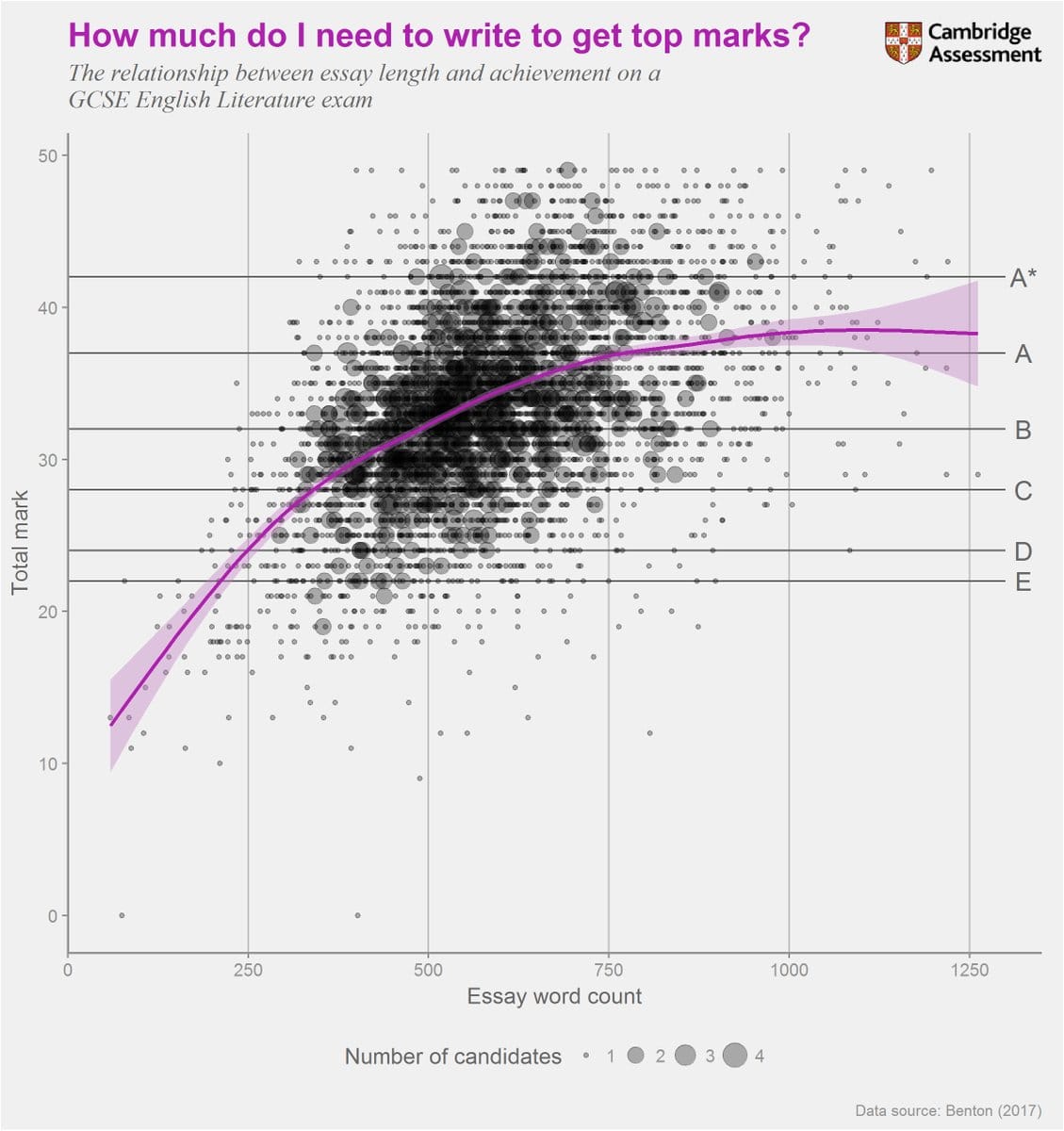“This porridge is too hot!” she exclaimed.
So, she tasted the porridge from the second bowl.
“This porridge is too cold,” she said
So, she tasted the last bowl of porridge.
“Ahhh, this porridge is just right,” she said happily and she ate it all up.
Every teacher knows the story of Goldilocks. Like any good fairytale, it gives us life-lessons. Don’t speaks to hungry foxes, beware old ladies living in sweet-based houses and the like. Goldilocks, other than teaching us a lot about how trespassing is not taken seriously, helps us understand the principle of moderation. Not too hot, not too cold, but just right. Not too big, not too small, but just right.
English teachers the world over have tried to train their students in the ‘Goldilocks principle‘ when it comes to writing – particularly under the pressure of exam conditions. Don’t write too much, don’t write too little, but get it just right.
Now, of course, the time-poor English teacher is left to guess too often about how much or how little writing would prove just right. We know that for some students it simply isn’t that easy as pinning a word count on the matter. And yet, with a bit of guidance, having some numbers to play around with would be useful.
Very helpfully, Cambridge Assessment, have offered us that very gift! Tom Benton, from their research division, has produced this excellent and useful summary entitled helpfully: ‘How much do I need to write to get top marks?‘.
The evidence is taken from an analysis of English Literature essays from the 2014 exam – a single essay response in 45 minutes, with a restriction to six pages. The patterns are really interesting, as shown by this diagram from Benton’s research:

Fascinating insights reveal themselves. For example, the “median number of words written by an A* candidate’s 694, suggesting they wrote around 15 words per minute”. In contrast, an E grade candidate wrote on average “450 words, indicating 10 words written per minute in the exam“. Nearly all responses below 200 words gained a grade U. Also, no candidate who gained at least a B grade wrote fewer than 300 words.
So we know a little more about too much or too little when it comes to an English Literature examination essay. A ‘Goldilocks principle’ then offered by the research is that for a student who wants to achieve the higher grades needs to write at least two pages in 45 minutes. Of course, quality is paramount, but guides to word counts and typical patterns prove useful to teachers and students.
So, thank you to Tom and Cambridge Assessment… and where is that bowl of porridge, I’m hungry.






Comments